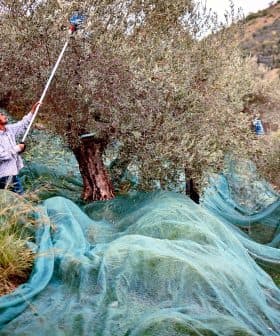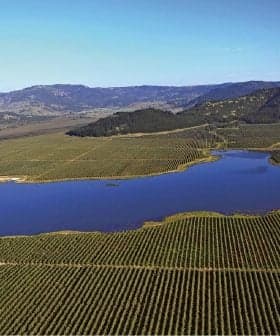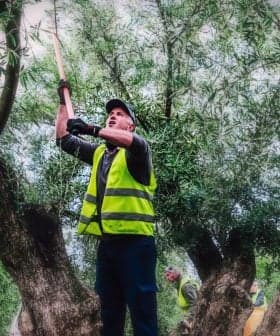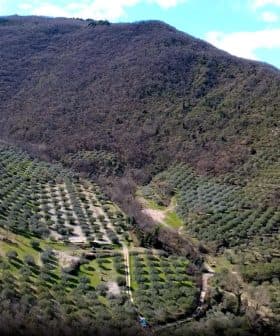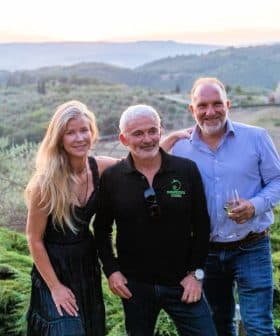Croatian Olive Growers Celebrate Their Historic Success
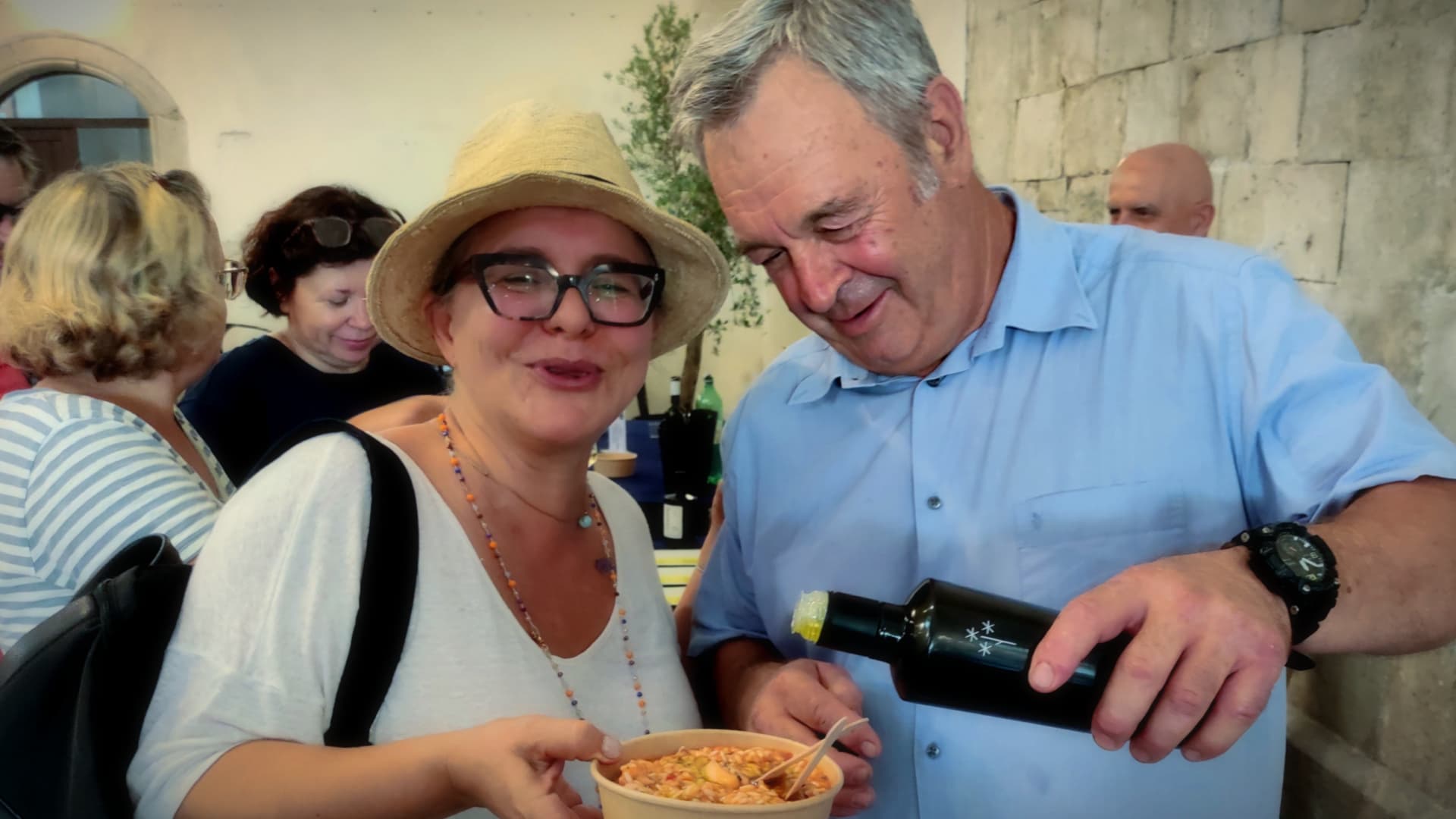
Croatian olive oil producers achieved the title of vice-champions of the world at the 2025 NYIOOC World Olive Oil Competition, securing 125 awards with an 87 percent success rate, surpassing major olive oil-producing countries like Greece, Spain, and the United States. Despite facing severe climatic challenges, Croatian growers credited their success to an artisanal approach to olive farming and emphasized the value of high-quality olive oil in promoting health and preventing diseases.
At the 2025 NYIOOC World Olive Oil Competition, Croatian olive growers achieved their strongest performance yet, claiming second place in the global awards tally and outpacing several Mediterranean powerhouses.
This success is thanks to all our olive growers who submitted their oils to this prestigious competition.
Competing among entries from 30 countries across six continents, Croatian producers secured 125 awards, including 101 Gold and 24 Silver distinctions. Only Italy ranked higher, with 200 awards from a much larger pool of 258 entries. Croatian growers, who submitted 143 entries, achieved an extraordinary 87 percent success rate — the highest of all major participating countries.
“We are second in the world,” said Ivica Vlatković, a well-known olive grower from Novigrad and one of Croatia’s successful entrants at this year’s competition.
Success Across Croatia
The achievement is celebrated from Savudrija to Prevlaka, with growers from all regions contributing to the result. Croatian oils outperformed those from Greece (96 awards), Spain (93), the United States (92), Portugal (34), Turkey (30), France (19), and Tunisia (18).
“This success is thanks to all our olive growers who submitted their oils to this prestigious competition,” said Vlatković, who earned two Gold Awards this year for his Fortica Coratina — Leccino and Fortica Šoltanka brands.
Along with large producers like Avistria d.o.o. and Oleum Maris, Vlatković stands out. Since first entering the NYIOOC, his oils have collected 17 awards, reinforcing his reputation for excellence.
The grower said that the two most recent Gold Awards confirm that he has maintained a high standard of quality, and he hopes the success of Croatian producers at this year’s event will inspire a new generation of young olive growers.
Overcoming Difficult Conditions
This year’s achievements were even more remarkable given the severe climatic challenges olive growers faced: extreme heatwaves during the crucial oil accumulation period, followed by hefty rains just before harvest.
Vlatković said the key was extracting quality despite these weather extremes. He emphasized that Croatia’s strength lies in the artisanal approach to olive farming. Unlike vast industrial plantations, Croatian growers can personally tend to each tree, adjusting care according to seasonal needs.
Large plantations are much more vulnerable to climate extremes, he explained. In Croatia, growers’ close attention to each tree helps maintain the highest standards of quality, even in challenging years.
Defending the Value of Croatian Olive Oil
Addressing criticism that Croatian olive oils are among the most expensive in the world, Vlatković pointed to the competition results, noting that Croatia’s oils outperformed those from all major Mediterranean producing countries, including Greece, Spain, Turkey, Portugal, and Tunisia.
He said the path to a liter of high-quality extra virgin olive oil requires not only knowledge and dedication but also favorable weather conditions and considerable luck. Success depends on surviving the critical months without pests or extreme weather, finding skilled labor for the harvest, ensuring careful processing at the mill, and overcoming consumer habits that still often favor cheaper, lower-quality oils.
Vlatković stressed that quality olive oil plays a significant role in promoting health, noting that oils containing at least 250 mg of phenolic compounds per kilogram meet EU food safety recommendations for preventing cardiovascular and malignant diseases. Unfortunately, he added, few consumers consistently seek out oils of this quality.
He emphasized that changing consumer habits requires education, workshops, and guided tastings to teach people how to recognize excellent oils.
To those who argue that Croatian olive oils are overpriced, Vlatković suggested they try growing olives and producing oil themselves to appreciate the dedication and difficulty involved.
A Growing Legacy
In small Croatia, a country with thousands of islands, it seems that almost everyone can produce world-class extra virgin oil.
Today, official statistics show that Croatia has nearly as many olive trees as people — an apt reflection of the country’s deep connection to this noble Mediterranean plant and its growing role as a leader in quality olive oil production.


